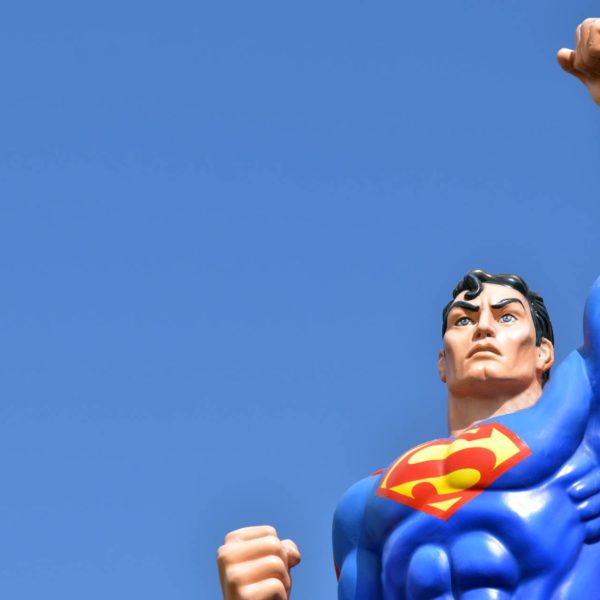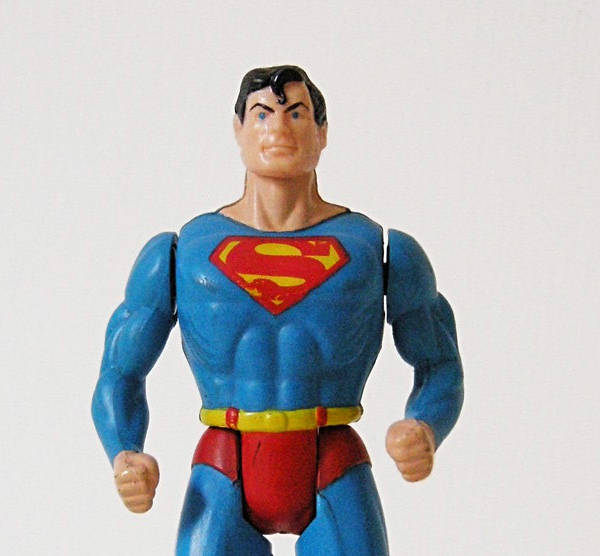What Does DC Universe’s ‘Harley Quinn’ Have to Say About Masculinity
If Harley Quinn isn’t the first hit on niche streaming service DC Universe, it’s certainly the first one that’s actually good. While the show focuses on Harley Quinn as she leaves The Joker and struggles to build her own crew and find her own identity as more than just The Joker’s henchwoman. And while the show is primarily about Harley with Poison Ivy as the deuteragonist, it’s also a look at modern masculinity with a lot to say through the over-the-top versions of familiar DC characters that populate the world.
The show doesn’t start off with anything particularly insightful, the first few episode play on the well-worn tropes of Joker being a manipulative, abusive boyfriend to Harley and being in love with Batman. They do manage to play it up in interesting ways, like Joker pretending to be reading Infinite Jest when Harley calls him in the finale.
Much more interesting, however, is Poison Ivy’s relationship with Kite Man, a joke character from Batman comics whose real name is Charlie Brown and whose catchphrase is “Kite Man, hell yeah!” Kite Man initially comes across as a somewhat over-enthusiastic loser. But in the later half of the series it becomes clear that instead of “nice guy” stereotype like that Cat Person short story, Kite Man is just a genuinely sweet guy who cares about Ivy. He moves past his self-aggrandizing facade to be someone genuinely in touch with his emotions.
Emotional growth is a big part of the show in general. Take for example the episode where Clayface’s hand becomes detached, gains sentience and befriends Commissioner Gordon. Gordon is portrayed as being entirely unhinged by a brilliant Christopher Meloni, and all the guy really wants is a friend. The situation is resolved when Batman and Harley have a heart to heart about the nature of friendship where they both resolve to do better by the people hey care about.
Then there’s Doctor Psycho. An interesting look at cancel culture, he joins Harley Quinn’s crew after he’s thrown out of the Legion of Doom for calling Wonder Woman a cunt, paying a nod to his origins as the embodiment of misogyny in the early Wonder Woman comics. Even he gets a portrayal that’s not exactly sympathetic, but at least understanding.
In addition to showcasing all sorts of healthy and unhealthy forms of masculinity, Harley Quinn is just really funny. Most the time when TV shows and movies try to tackle these issues they end up being preachy and putting making a point ahead of being entertaining. That’s not the case here; while Harley Quinn has a lot to say about being a man in today’s world, it never puts making a point before telling a good story.

